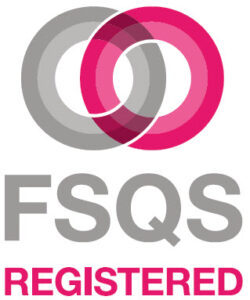Hatfield, UK – July 18th , 2023 – SynApps Solutions, the enterprise content management specialist with deep experience across the NHS, has announced that it has been named as one of six suppliers to the £150 million contract following the launch of a new framework agreement, designed to allow NHS trusts to procure legacy information and management solutions.
The framework, managed by the Commercial Procurement Service and set to run until 2027, is expected to meet the challenges presented by migrating from one patient administration system to an EPR. It allows for the procurement of a cloud-based or on-site archive which interfaces directly with a live EPR, so clinicians can access archived clinical patient data seamlessly from within the live EPR.
The data is then extracted, analysed and migrated to the new system, ensuring the data is usable in the new system. Data can be extracted from multiple systems and aggregated into one archive, simplifying access where multiple systems may have been in place previously. The archive and the live EPR will interface directly, and access to the archived data is available within the new EPR system, streamlining access and allowing the legacy contracts to be ended.
The Countess of Chester Hospital NHS Foundation Trust’s Commercial Procurement Services recognised the challenges faced by many NHS organisations around how to deal with legacy applications and data; thus, creating the new framework agreement to enable NHS Trusts to purchase solutions and services to help tackle these issues.
“We are delighted to be one of only six vendors on this framework, which will help clinicians access archived data and patient information seamlessly from within their EPR,” comments Jason Scholes, CTO, SynApps Solutions. “SynApps is transforming the way NHS Trusts provide the whole patient record (DICOM/non-DICOM) to clinicians via existing EPR systems and share the records with other healthcare providers in the local community so this Framework is a natural fit for us.”
SynApps provides software, consultancy, implementation and support services for Alfresco and OpenText Documentum and has authored a suite of content integration and migration solutions, ConXApps, that allow businesses to quickly maximise their investment in ECM technologies. The company also builds VNA (Vendor Neutral Archive) solutions which extend into VNIN (Vendor Neutral Imaging Networks) for shared Radiology. These provide proactive image sharing, cross-network reporting, CDC support, a single view of multimedia data, and image sharing within and beyond regional imaging networks, leading to enhanced patient diagnoses and outcomes.
SynApps Solutions is also part of several other government frameworks, including NHS Supplychain, QE Facilities, and the North of England Framework.


